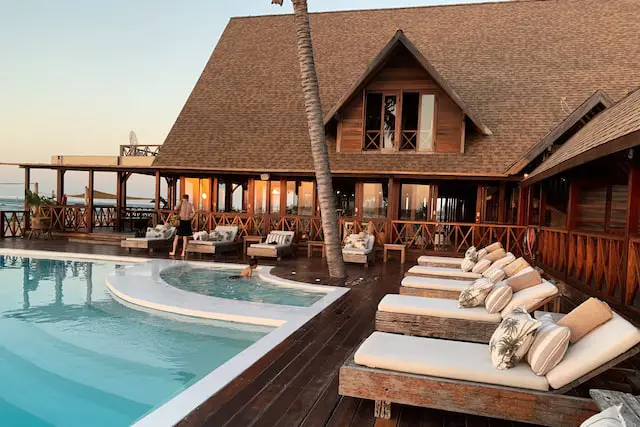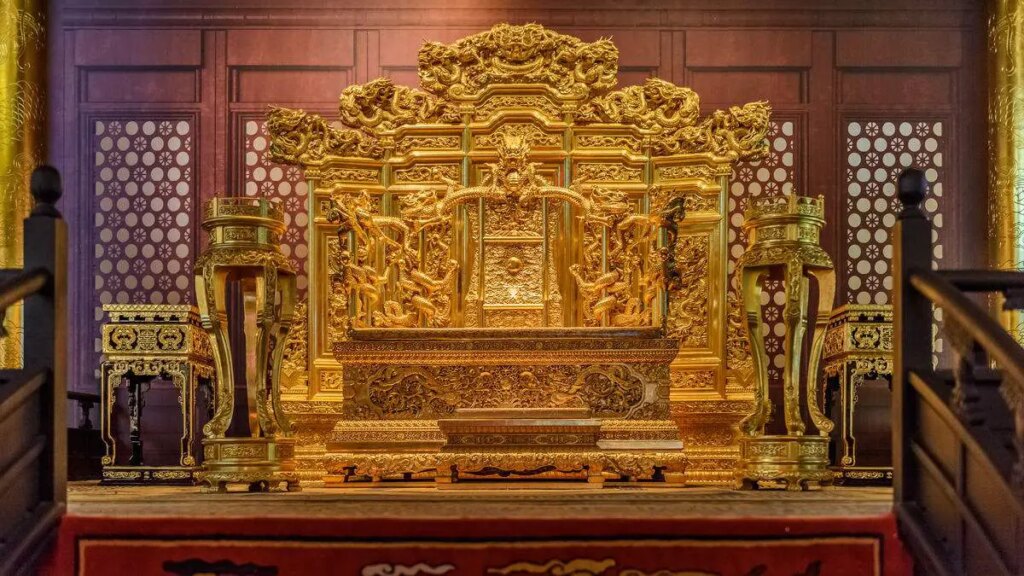Why Are Hotels So Expensive?
The hotel industry has always been known for its high prices, with many people questioning why hotels are so expensive. A hotel stay can be one of the most significant expenses of any trip, with room rates often accounting for a large portion of the overall travel budget.
One reason why hotel prices are so high is the high demand for hotel rooms. As more people travel domestically, there is an increase in demand for hotel rooms, which drives up prices. This is especially true for luxury hotels where demand is high, and room rates can be astronomical. Additionally, hotels offer amenities like swimming pools and room service, which can contribute to higher prices.
Another factor contributing to high hotel rates is high inflation. The cost of materials, labor, and other operating costs have increased over time, which makes it difficult for hotels to maintain their rates without passing on the costs to customers.
The hotel industry is a part of the travel industry, which has been hit hard by the pandemic. As people have hesitated to travel due to safety concerns, many hotels have seen a decline in bookings. However, with pent-up demand for travel, some hotels have raised prices to compensate for lost revenue during the pandemic.
Operating costs are another reason why hotels are so expensive. Maintaining a hotel operation is costly. Hotels must pay employees, and maintain the building, and utilities, among other expenses. These costs are passed on to customers in the form of higher prices.
In conclusion, many factors contribute to why hotels are so expensive. The high demand for hotel rooms, luxury amenities, and the costs of running a hotel operation plays a significant role in determining room rates. Additionally, the pandemic has put additional strain on the travel industry, making it challenging for hotels to maintain lower prices. Although a hotel stay is a significant expense, it is crucial to remember that hotels offer more than just a place to sleep. They provide an experience, and the cost is a reflection of the quality of that experience.
Frequently Asked Questions
How old do you have to be to get a hotel room?
The minimum age to book a hotel room typically varies by location and hotel policy. You must be 18 years old to book a room in many places. However, some hotels may require you to be 21 or older. It is best to check with the specific hotel you plan to stay at to confirm their age requirements.
How old do you have to be to rent a hotel room?
The age requirement to rent a hotel room varies depending on the hotel’s policy and the country or state you are in. In most cases, you must be at least 18 years old to rent a hotel room. However, some hotels may require you to be 21 or older to rent a room. It is best to check with the hotel directly to confirm their age requirement.
What is a boutique hotel?
A boutique hotel is a small, stylish, and often luxurious hotel that typically has a unique and individualized decor and atmosphere. Boutique hotels are often independently owned and offer personalized service, attention to detail, and a more intimate experience than larger chain hotels. They may also offer amenities such as upscale restaurants, spa services, and unique activities or experiences.
How to check out of a hotel?
Here are the general steps that you can follow to check out of a hotel:
1. Confirm the check-out time: Find out the check-out time from the hotel staff or your reservation confirmation. Make sure you plan your departure accordingly.
2. Settle your bill: If you have any outstanding charges, settle them before leaving. You can pay with cash, credit/debit card, or other payment methods accepted by the hotel.
3. Return the room key: Return the room key to the front desk or designated drop box. Some hotels may charge a fee for lost keys, so make sure you don’t misplace them.
4. Check for personal belongings: Double-check the room and bathroom for any personal belongings you may have left behind.
5. Provide feedback: If you have any feedback about your stay, share it with the hotel staff. This can help them improve their services for future guests.
6. Say goodbye: Once you have completed the check-out process, say goodbye to the hotel staff and head out.
Where is the Stanley Hotel?
The Stanley Hotel is located in Estes Park, Colorado, United States.
What is the difference between a hotel and a motel?
The main difference between a hotel and a motel is the layout and design. A hotel typically has multiple floors with interior corridors, while a motel has rooms that open directly to the outside. Motels are often located near highways and are designed for travelers who need a place to stay for a night or two, while hotels are typically located in urban areas and offer a wider range of amenities and services. Additionally, hotels tend to be more expensive than motels due to the additional amenities and services they offer.
When is the best time to book a hotel?
In general, the best time to book a hotel depends on various factors such as location, season, and demand. It is recommended to book a hotel in advance, at least a few weeks before the desired date of stay, to get the best deals and availability. Additionally, booking during off-peak seasons or weekdays may also result in lower prices.
How to check for bed bugs in a hotel?
1. Begin by inspecting the bed. Remove the bedding and check the seams, corners, and folds of the mattress and box spring for any signs of bed bugs, such as small brown or reddish spots, shed skins, or live bugs.
2. Check the headboard, bed frame, and nearby furniture for any signs of bed bugs.
3. Inspect the curtains, carpet, and any upholstered furniture in the room for signs of bed bugs.
4. Look for any cracks or crevices in the walls or baseboards, as bed bugs can hide in these areas.
5. Use a flashlight to thoroughly inspect the entire room, including behind pictures and mirrors, and inside drawers and closets.
6. Consider using a bed bug detection tool, such as a bed bug sniffing dog or a bed bug trap, to help detect any bed bugs that may be present.
7. If you find any signs of bed bugs, immediately notify the hotel staff and request a different room or a refund. Do not bring any infested items back home with you.













